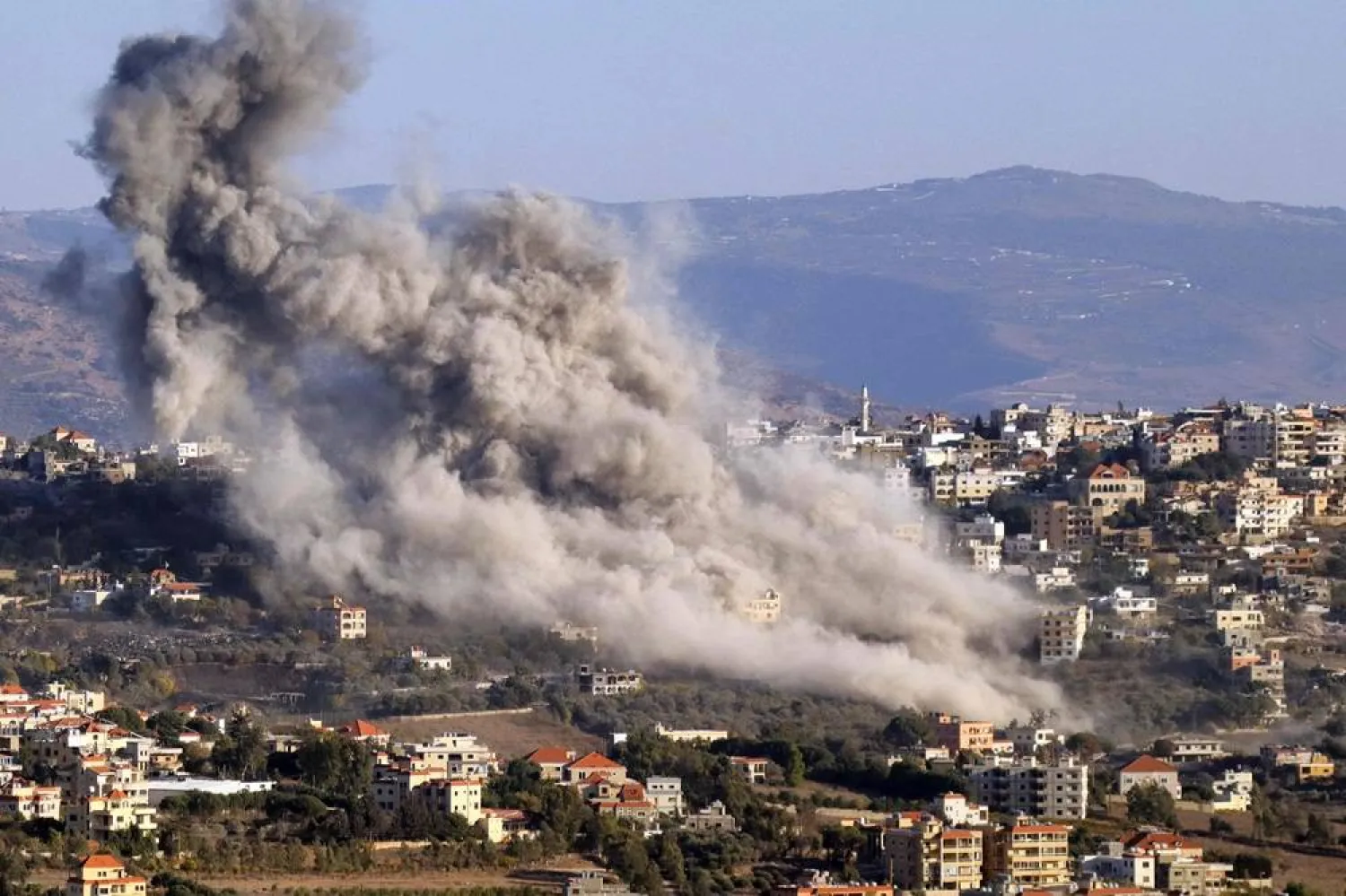Lebanon’s Health Minister Firass Abiad said Friday that Israel has carried out attacks on 55 hospitals — 36 of which were directly hit — leaving 12 people dead and 60 wounded.
Abiad told reporters that eight hospitals have been closed while seven are still partially functioning.
He said that paramedic groups have been targeted in different areas, killing 151 people and wounding 212. Of the paramedics killed, eight remain in their ambulances in south Lebanon with Israel’s military preventing anyone from reaching them, he said.
"Attacks against the medical and paramedic sectors in Lebanon are direct and intentional aggressions," Abiad said, adding that Israel’s military claims to have intelligence information on what is happening in Lebanon, thus cannot say that these attacks happened by mistake.
"This is a war crime," Abiad said.









